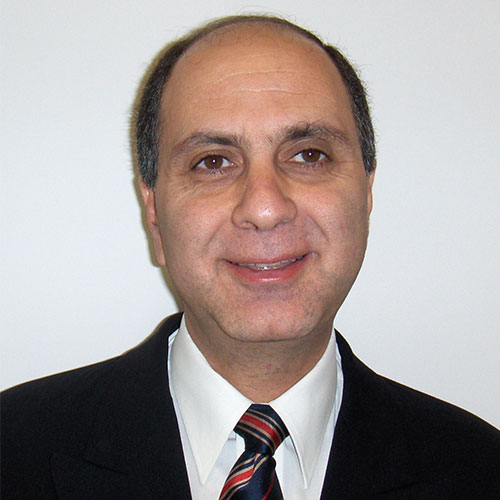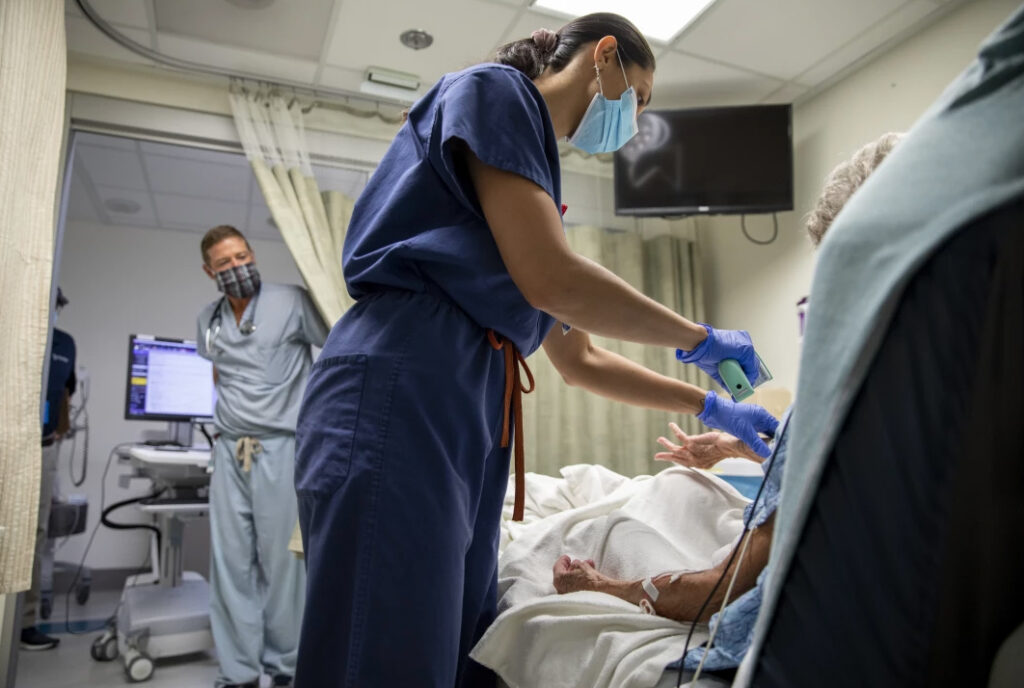Filenews 14 September 2023 - by Marilena Panayi
Patients make appointments with two doctors of the same specialty, sometimes on the same day, doctors schedule a repeat visit of the patient in a short time, while in many cases the time could be lengthened, patients experience symptoms for a long time and in the end their condition becomes urgent and they are stacked on the waiting list, patients who do not have any symptoms tend to visit doctors of various specialties at regular intervals, doctors, due to the ceilings applied by the HIO to the number of visits they are entitled to make each month, postpone their appointments to later dates since, if they do not, they will not be compensated, patients when they could be served by their personal doctor, are obliged to visit a specialist doctor for a prescription, due to restrictions in the GHS.

Result: "A young person comes to our clinic, we ask him how long he has had symptoms. He has been answering us for six or seven weeks and I couldn't find an appointment and we are diagnosing a very serious condition late.
You cannot understand how bad a doctor feels when he finds himself in this position", said the president of the Cyprus Neurological Society, Michalis Protopapas, stressing that "the problem with the long waiting time for an appointment with a specialist doctor is real. We must all recognise that. HIO, doctors and patients and we must all work together to solve it because we all have a share of responsibility. And the HIO and the patients and we the doctors ourselves."

The waiting lists for GHS specialist doctors' appointments, Protopapas said, "have been created due to many factors. We need to identify these factors and sit down together, work together and solve it." As medical experts, he added, "through our daily lives in the system we have identified some things that need to be discussed."
For example, "very often we find that when the personal doctor issues a referral for a specialty, the patient makes an appointment with two doctors of that specialty since the referral includes two visits. If this patient is not satisfied by the first doctor he will visit, he visits the second. If the second person decides that he needs to undergo some tests, etc., the patient secures a new referral which can be long-term, so it will include 12 visits. If satisfied by the first doctor, his appointment with the second doctor will not take place but he will probably still be there on the list of the doctor who, in the meantime, will have other patients waiting." Perhaps, Mr. Protopapas said, "we should study this phenomenon and on the one hand educate our patients and on the other hand find a mechanism that prohibits, for example, the second visit at a certain time. We have to look at it carefully, though, because it's also the right to a second opinion."
Another issue is unnecessary referrals to specialist doctors. "For example, personal doctors, even in cases where they are not needed, because there is no reason and nothing has changed for the patient, are obliged to refer their beneficiaries for a simple prescription. For my specialty, I will mention Alzheimer's drugs and repeat prescriptions."
"We also have a percentage of patients who visit specialists for no reason. That is, – and because of the mentality we have had in Cyprus for many years – everyone chooses which doctor, at their discretion, should see him, presses his personal doctor who could serve him, to issue him a referral and then seeks to make an appointment with the specialist. In some cases, it is also how the patient describes his symptoms to his personal doctor. That is, if a patient goes and tells his personal doctor "I have numbness in my arm and leg", the personal doctor immediately refers him. But he hasn't told his doctor he's had the symptom for a year."
Finally, Mr. Protopapas said, "we have the ceilings imposed by the HIO on doctors. Each doctor has at his disposal a specific number of units that he can use each month. These units correspond to the doctor's activities within the system. When these units are exhausted, the doctor will either push his appointments to a later date, or see the patient and will not be reimbursed by the HIO. There are many doctors who see patients without being paid and we must emphasize this."
Regarding patients who choose to visit a specialist doctor without a referral and are willing to pay the €25 imposed on the GHS in such cases, Mr. Protopapas said that "these patients do not seem to pose a problem because their percentage is very small and may not exceed 1%, at least in my specialty".
Under the microscope and opening hours in the public sector
The waiting time for an appointment with a GHS specialist doctor is an issue that concerns the government, with the Minister of Health, Popi Kanari, having already sent, as we are informed, letters to both the HIO and the SHSO asking them to proceed with specific actions within the next period of time. The sending of a letter to the SHSO was deemed necessary, since all involved expressed the opinion that the state could significantly contribute to solving the problem through its outpatient specialties.
At this time and following the agreement between the SHSO and the doctors' and nurses' unions, outpatient clinics operate for specific hours and days during the week. However, the number of available specialties each day varies from hospital to hospital, since the operation of outpatient clinics in the afternoons is on a voluntary basis and depending on the interest shown by specialist doctors to participate in the specific program of the SHSO.
From what has been reported and discussed in the HIO Board of Directors, at the moment, the SHSO presents a problem with waiting times for two specialties that de facto have very little availability of doctors. The next available appointment for endocrinology is for February 2024 and for allergology for May 2024.
INTERVENTION
The responsibilities lie with everyone
From the effort of "F" so far, we have recorded what the personal and specialist doctors of the GHS identify in the system. For now, we keep the mentality of some patients, so we need to educate the public and at the same time strengthen personal doctors. We keep the practices followed by some medical specialists and the restrictions that are applied and create congestion in the system on their own. We shall deal with this in a moment. What must be understood is that in order to solve this problem, both determination and cooperation from everyone is needed.
